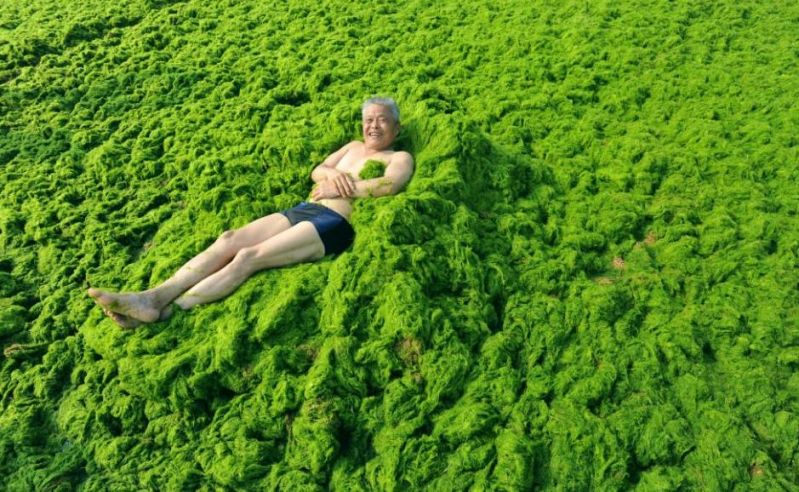Scientists Link Toxic Algae to Warm Water
Published on by Water Network Research, Official research team of The Water Network in Academic
Warm water carries a lot less nutrients than cold water and scientists say warming events like this one can also effectively poison the food chain.
 The new work was led by researchers at the University of Washington and the National Oceanic and Atmospheric Administration (NOAA), and appeared in the journal Geophysical Research Letters.
The new work was led by researchers at the University of Washington and the National Oceanic and Atmospheric Administration (NOAA), and appeared in the journal Geophysical Research Letters.
The study offers the first definitive proof linking Pacific warm water and an unprecedented bloom of toxic algae in 2015 that closed fisheries along the west coast of the United States.
A Uniquely Nasty Algae
The researchers studied an algae called P. australis which made up most of the deadly bloom. What they found was that warm water makes these cells grow two or three times faster than normal.
Under the right conditions they can produce a toxin called Domoic acid which builds up in shellfish that filter sea water, and moves steadily up the food chain becoming more and more dangerous.
The toxin can cause gastrointestinal distress, seizures, memory loss and even death when too much of it gets into the bloodstream of everything from dolphins to sea lions to humans. And in the case of the 2015 bloom, NOAA recorded "...the largest geographic extent of marine mammal impacts ever recorded."
The impact ranged from poisoned crabs, to convulsing sea lions, and the forced closure of a giant swath of fisheries reaching from Los Angeles to Seattle.
The economic impacts aside, the real concern among scientists is that as climate change continues to warm ocean water, blooms of P. australis will become more and more common, and a major source of food for humans and sea life, less and less edible.
“Species like Pseudo-nitzchia are extremely well-poised to take advantage of background warming,” according to University of Washington scientist Ryan McCabe said. “The fact that they are almost engineered to take advantage of situations like this — warm temperatures and low nutrients — that is concerning.”
Source: VOA News
Media
Taxonomy
- Research
- Algae
- Climate Change
- Oceanographic Survey
- Algae Treatment
- Pollution